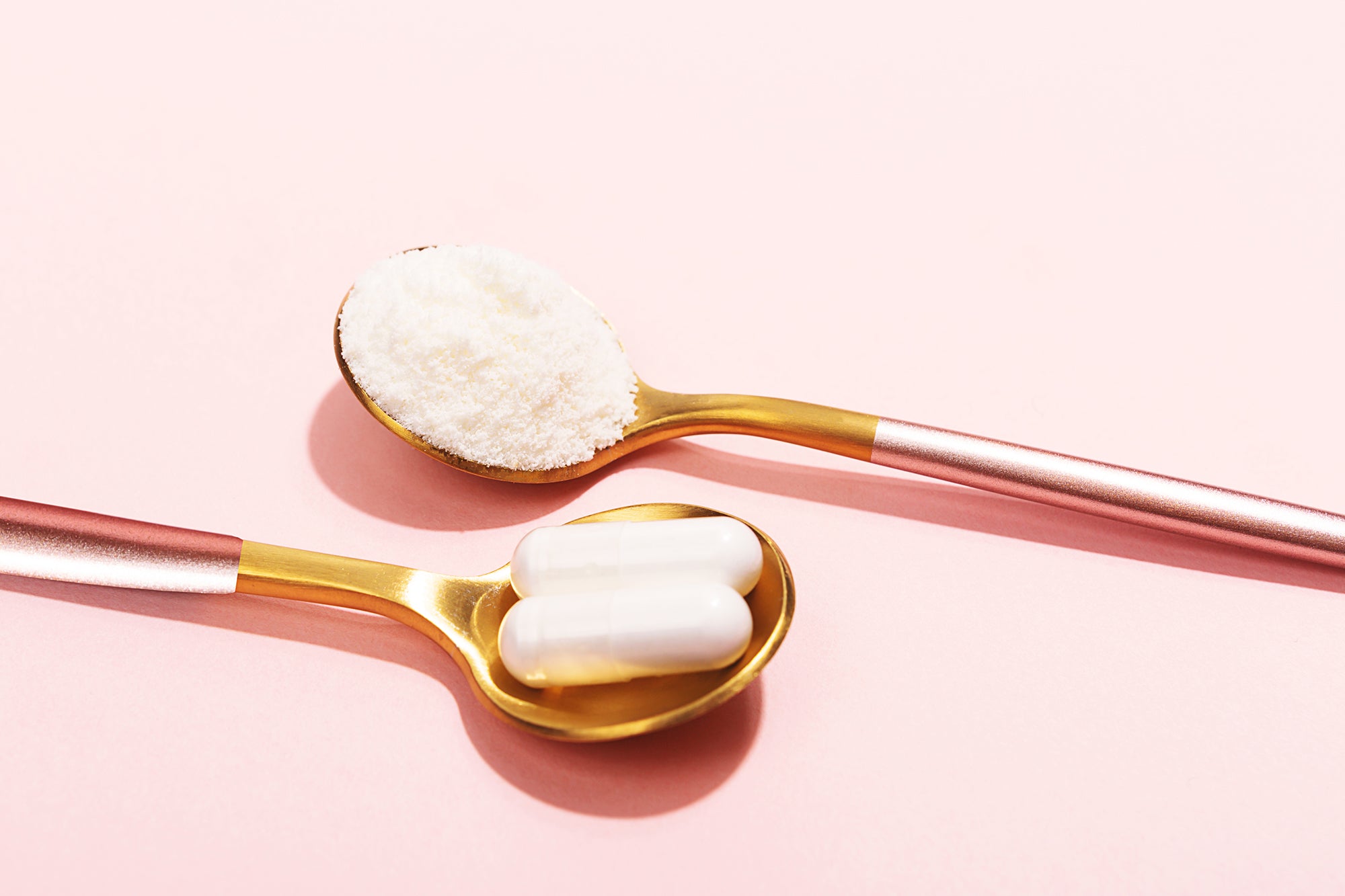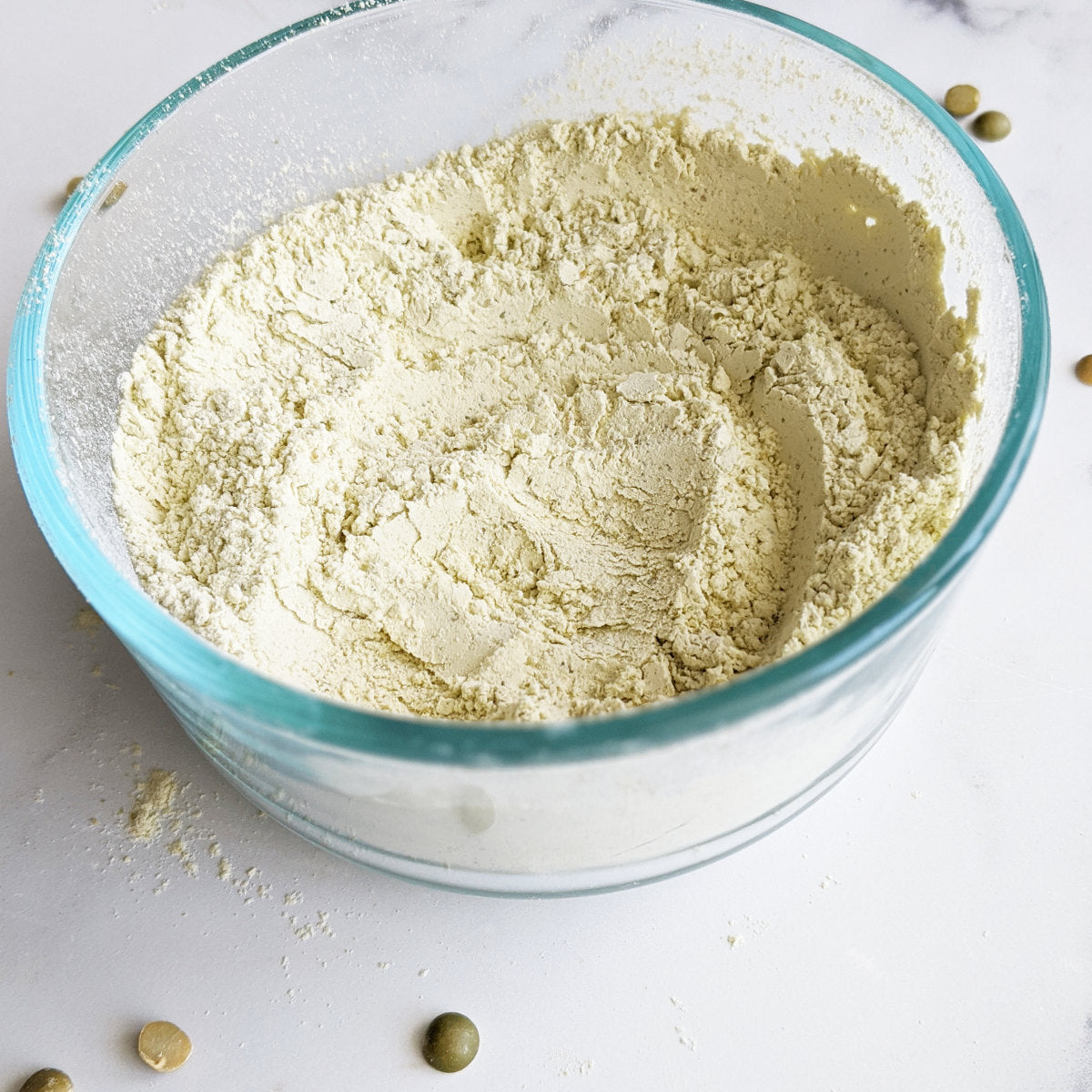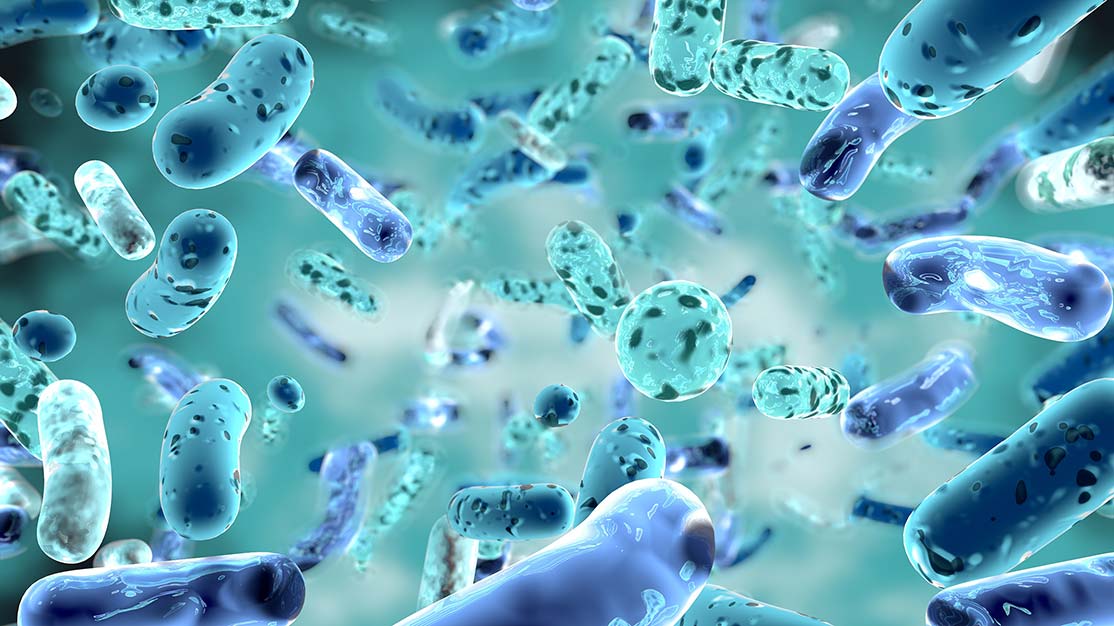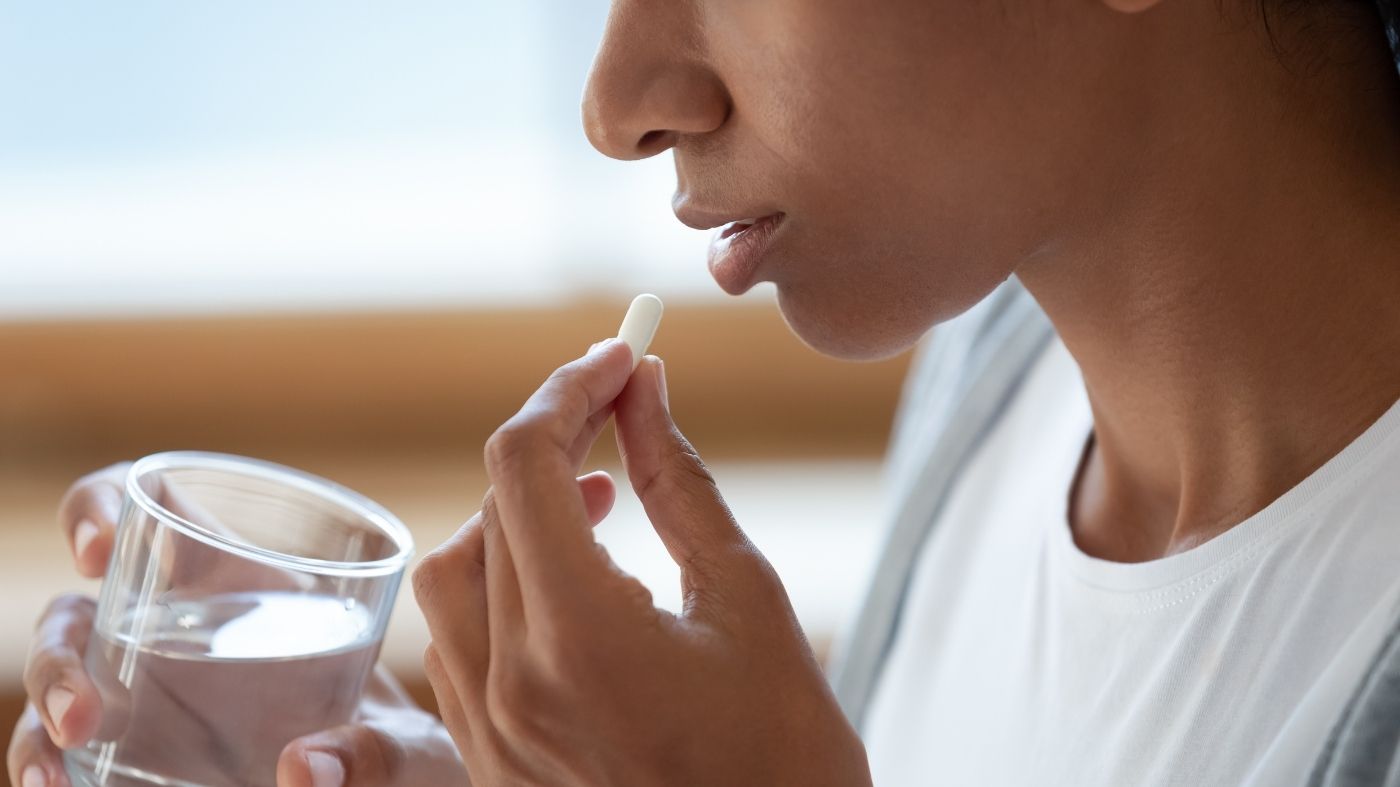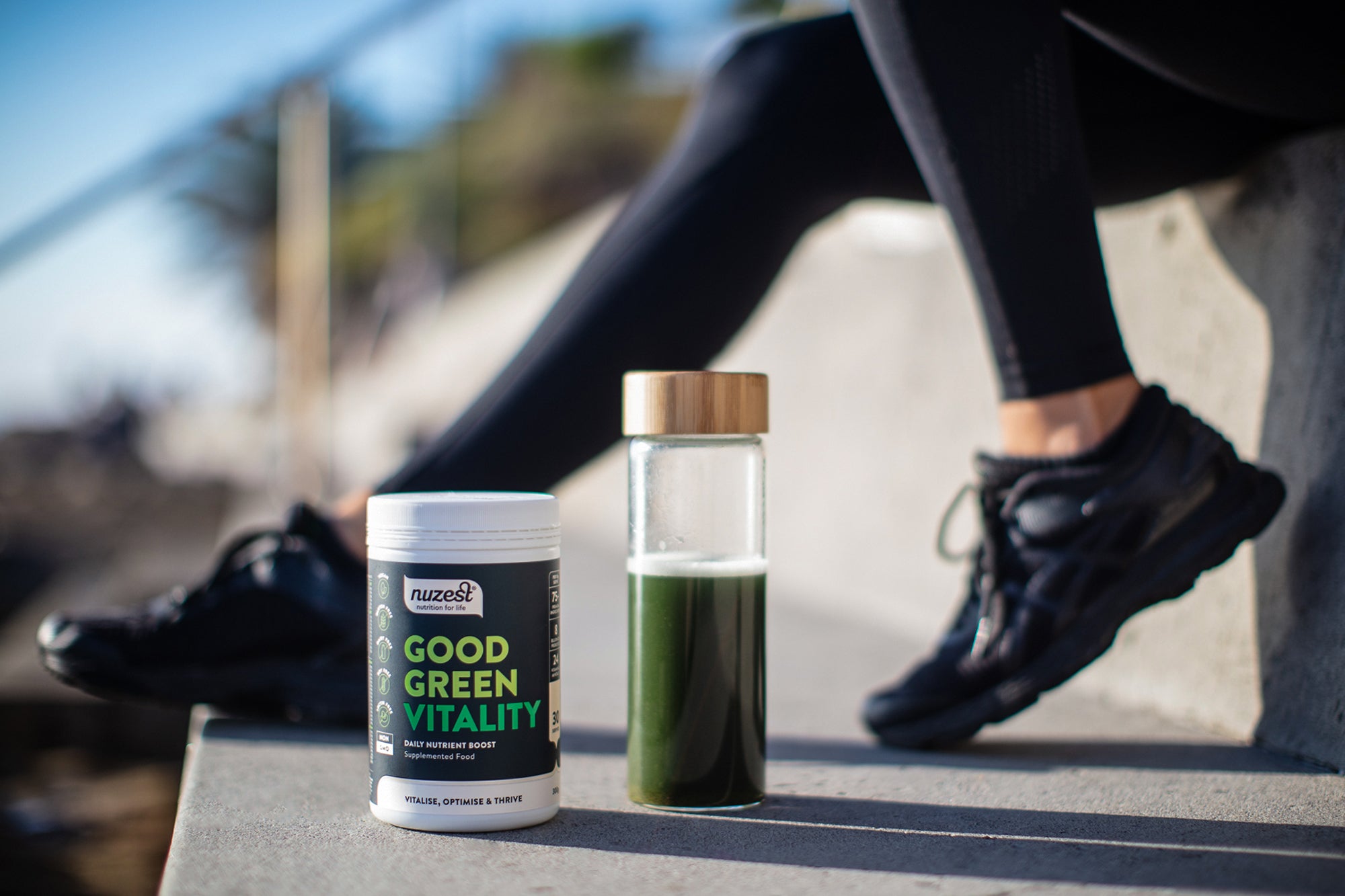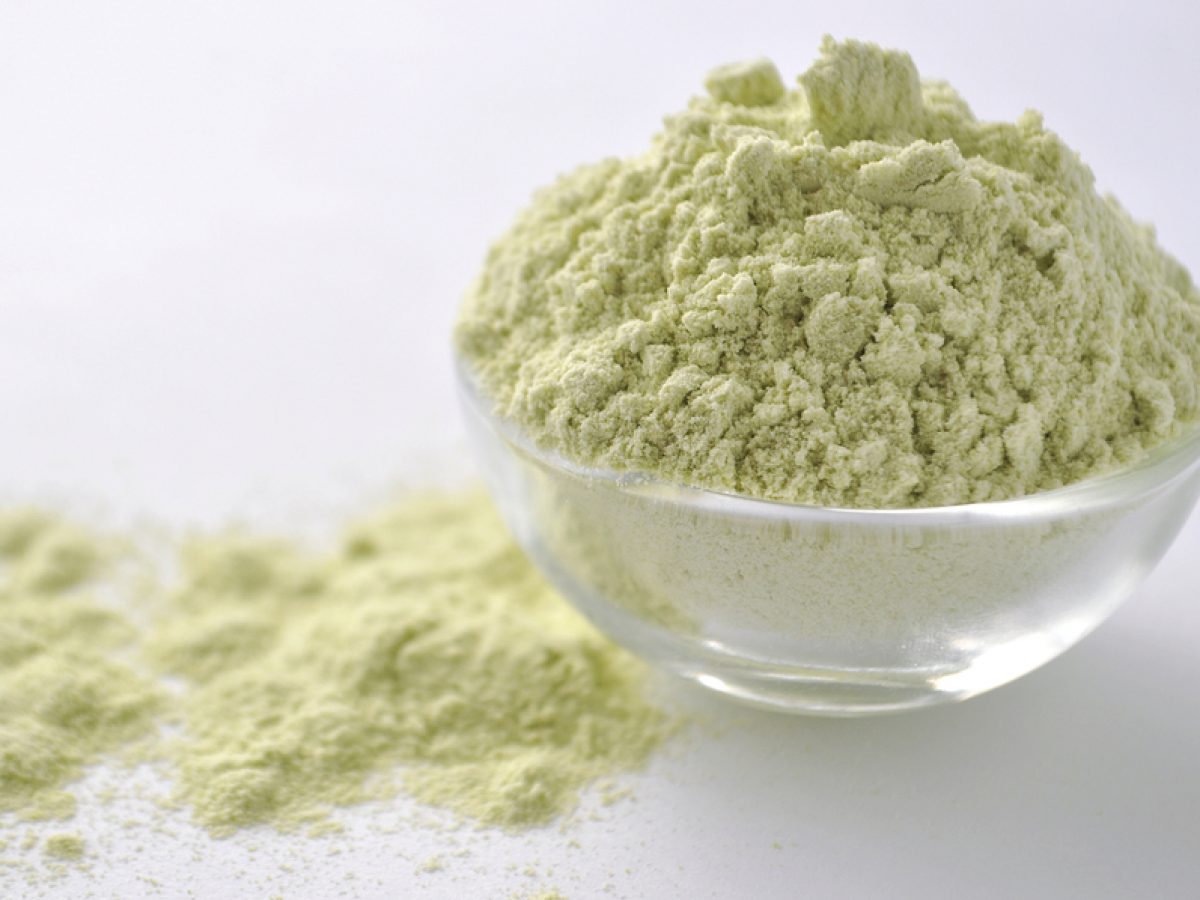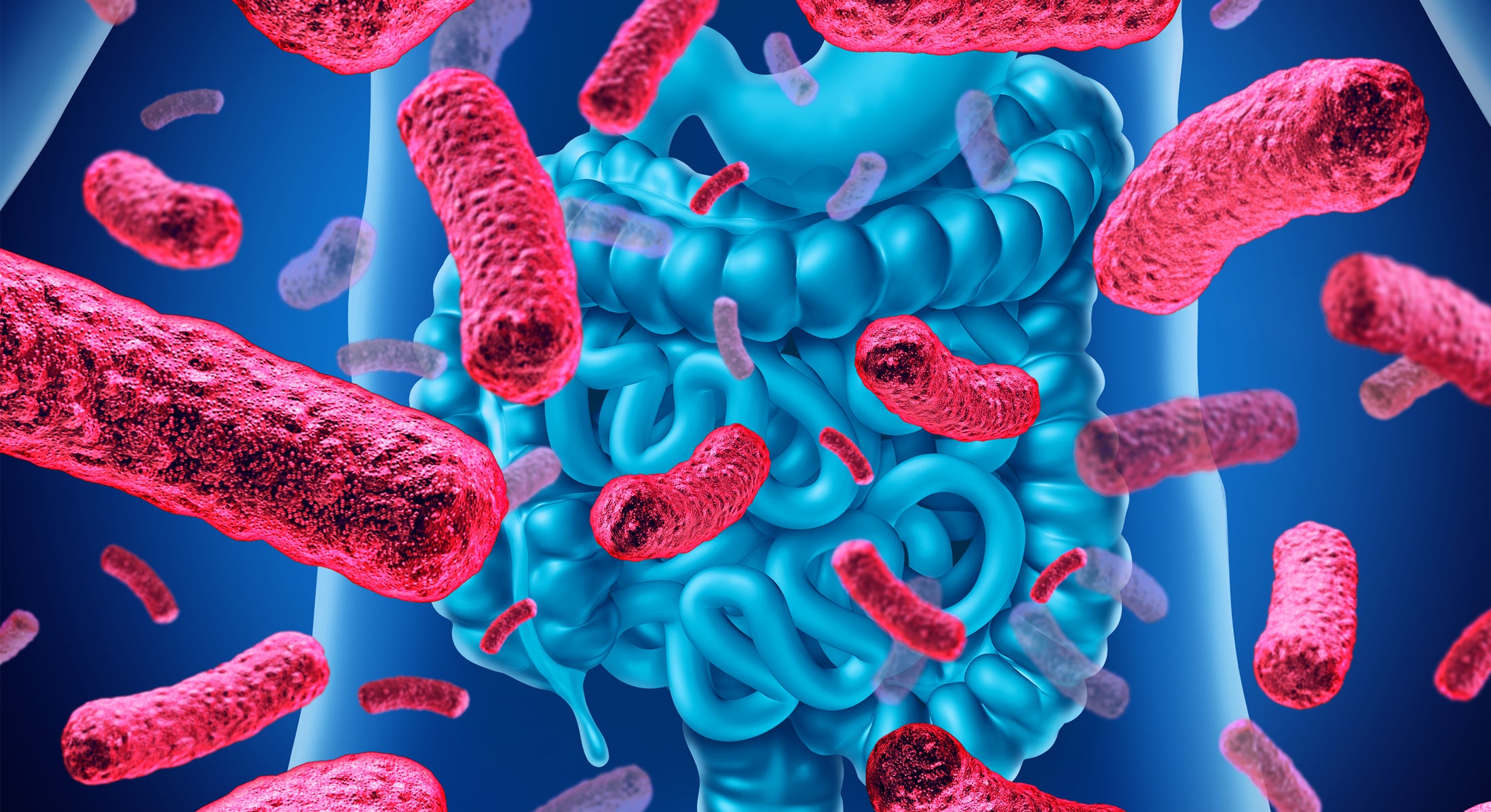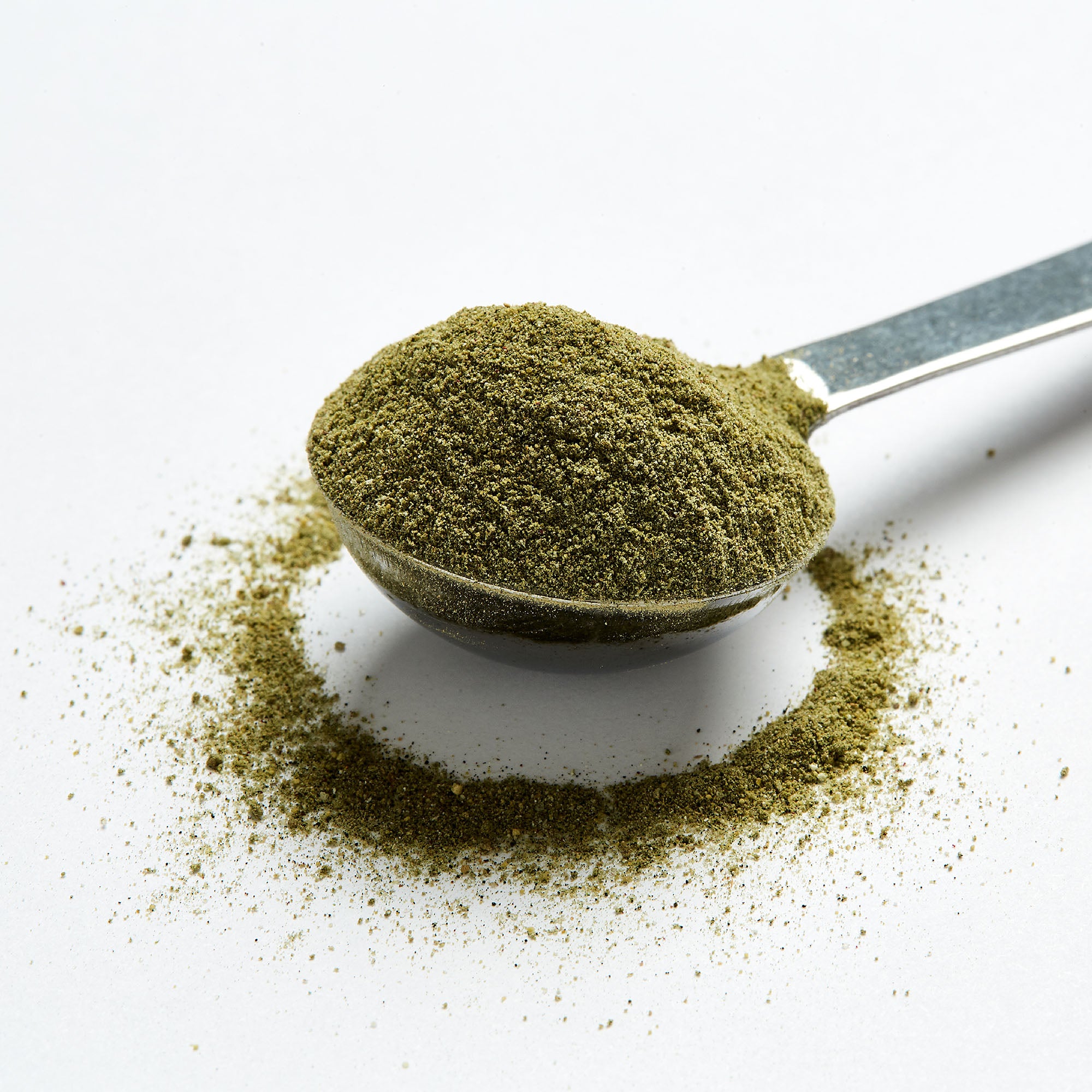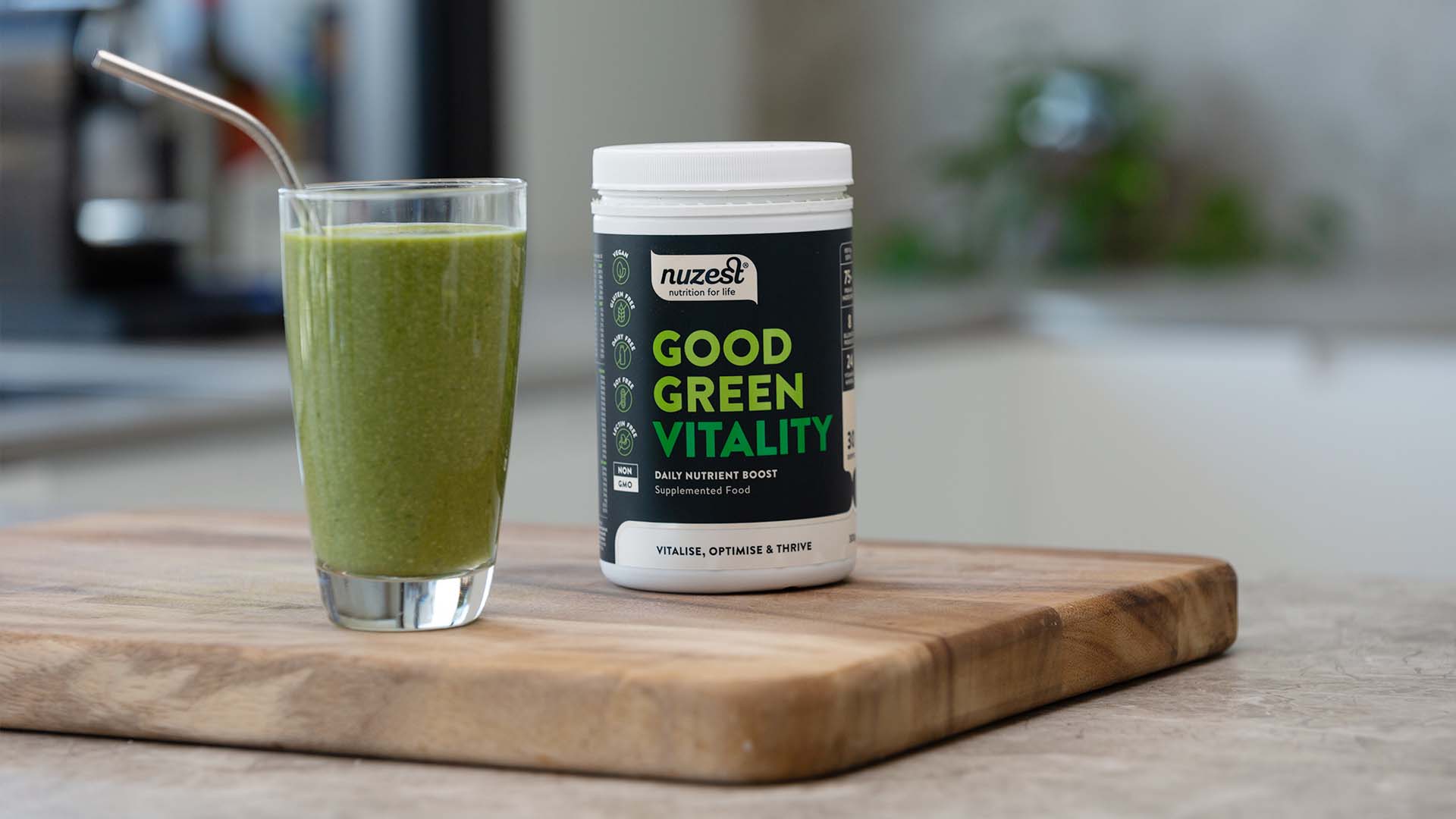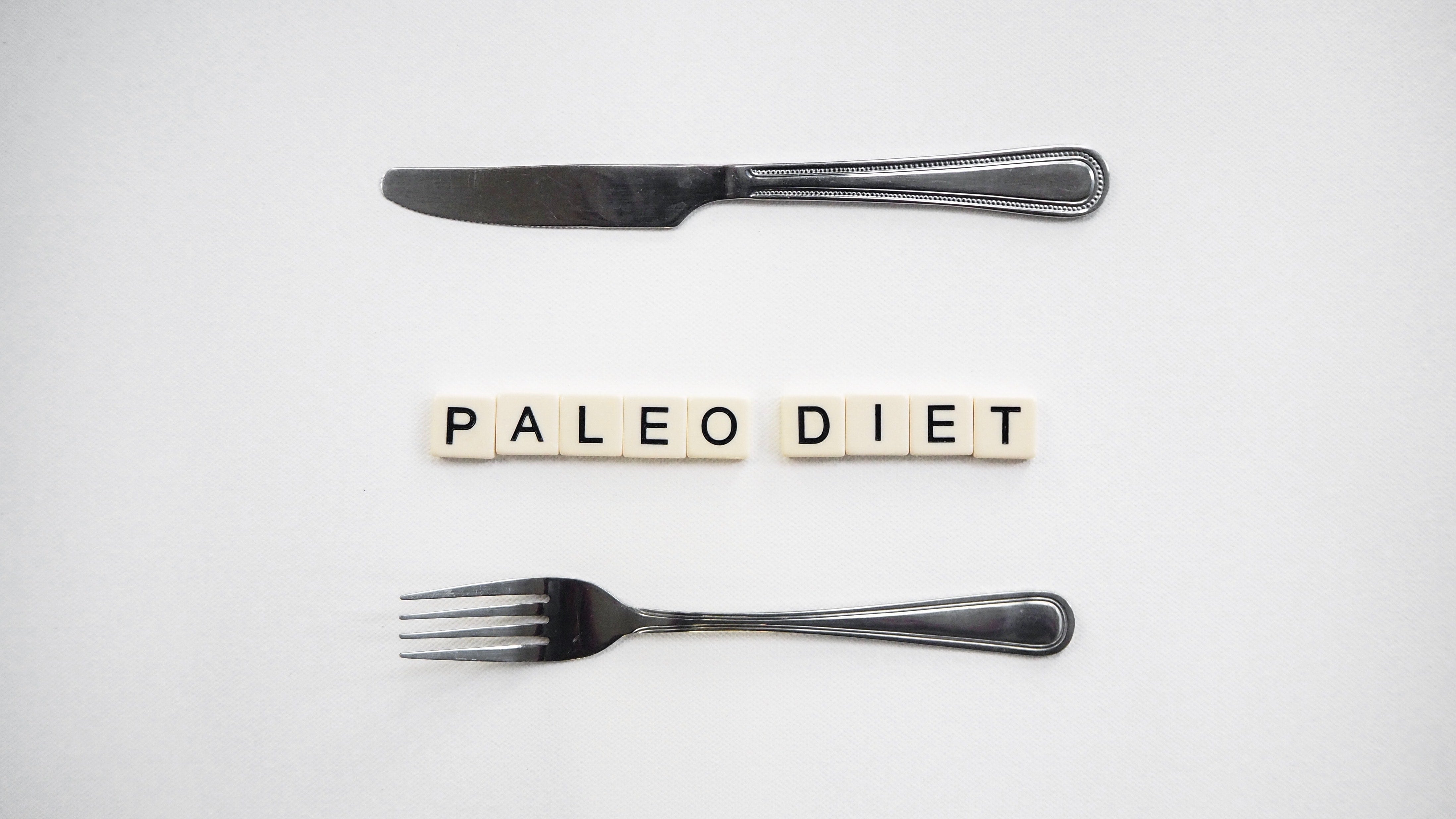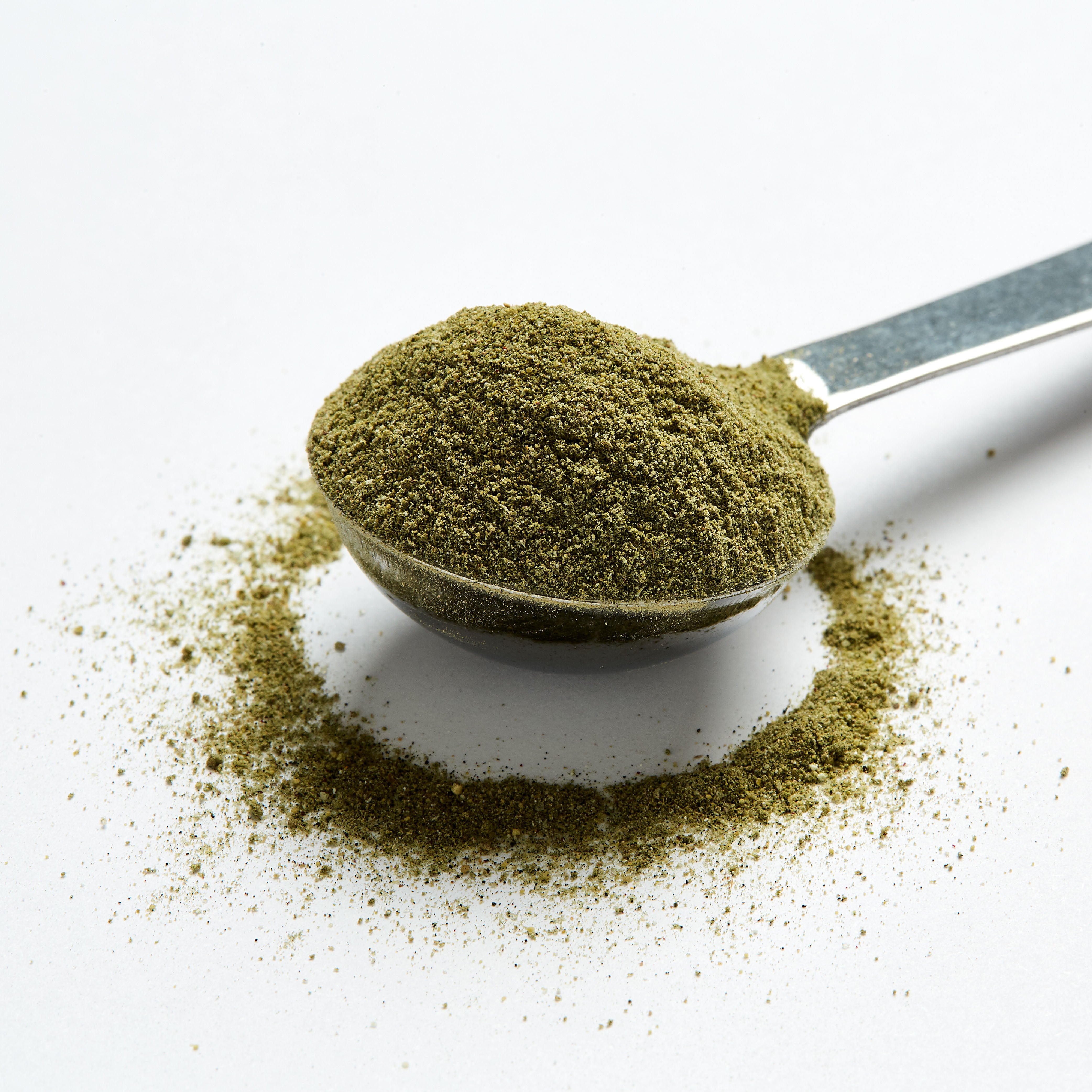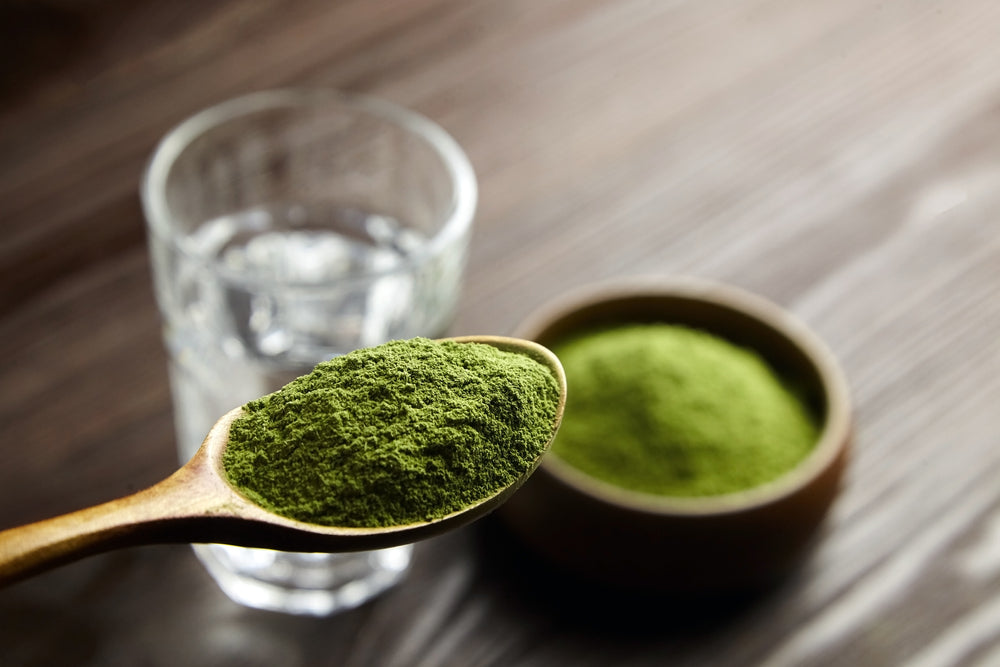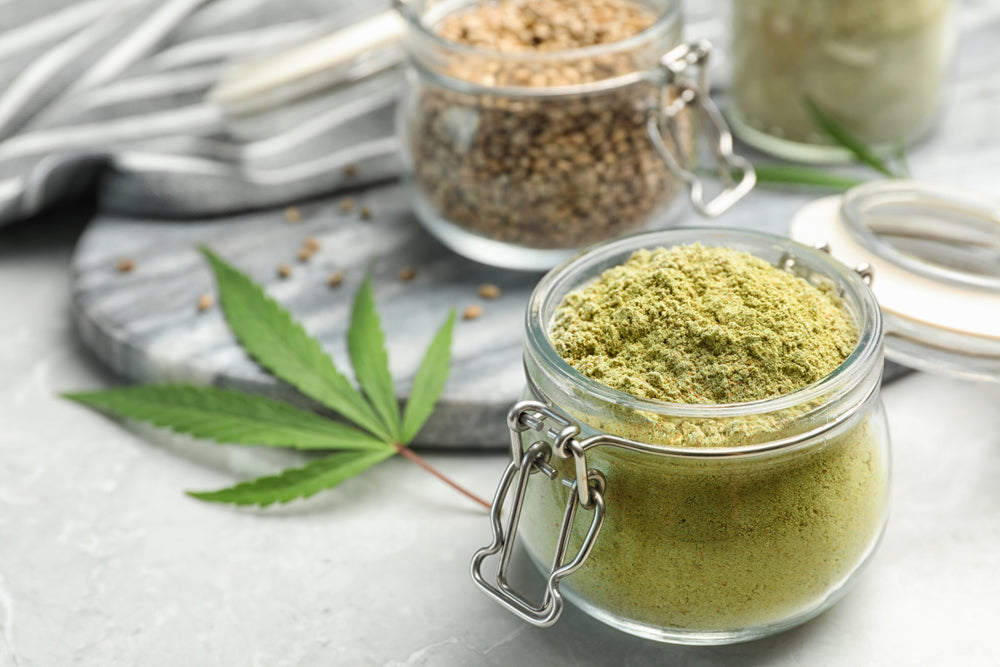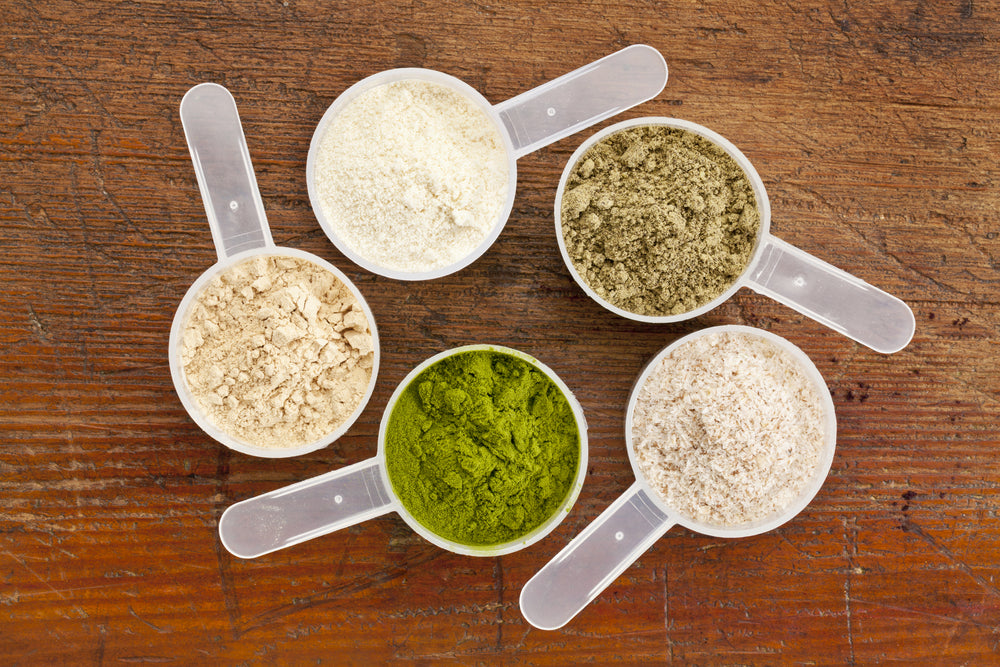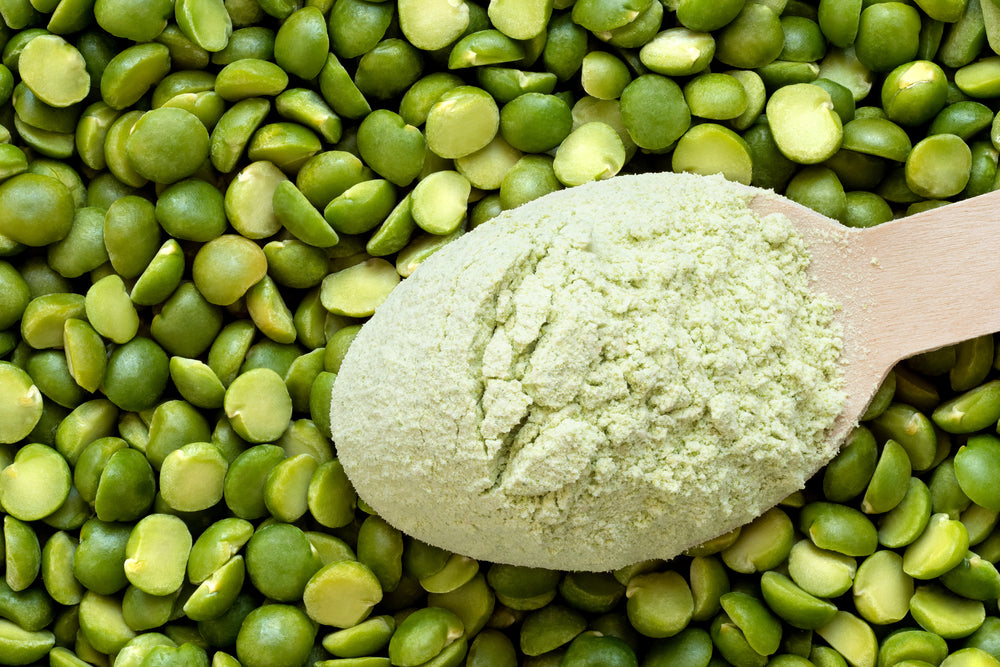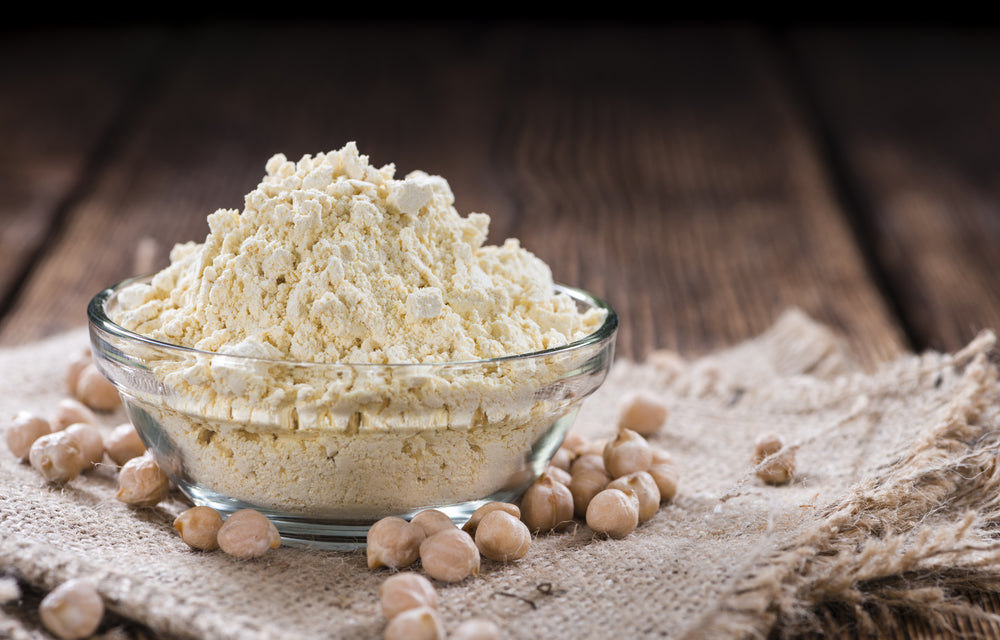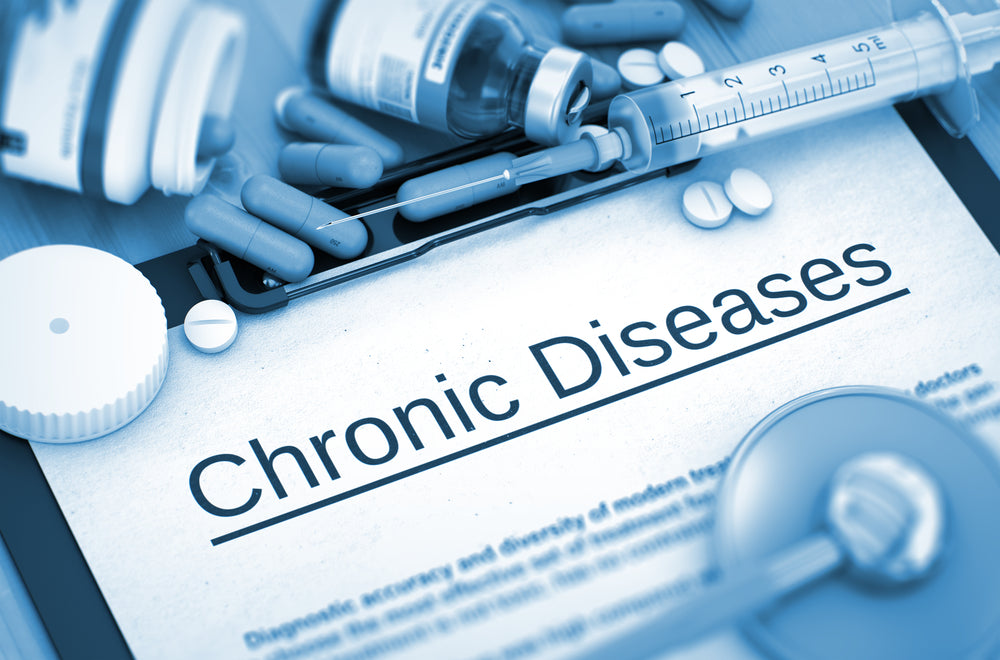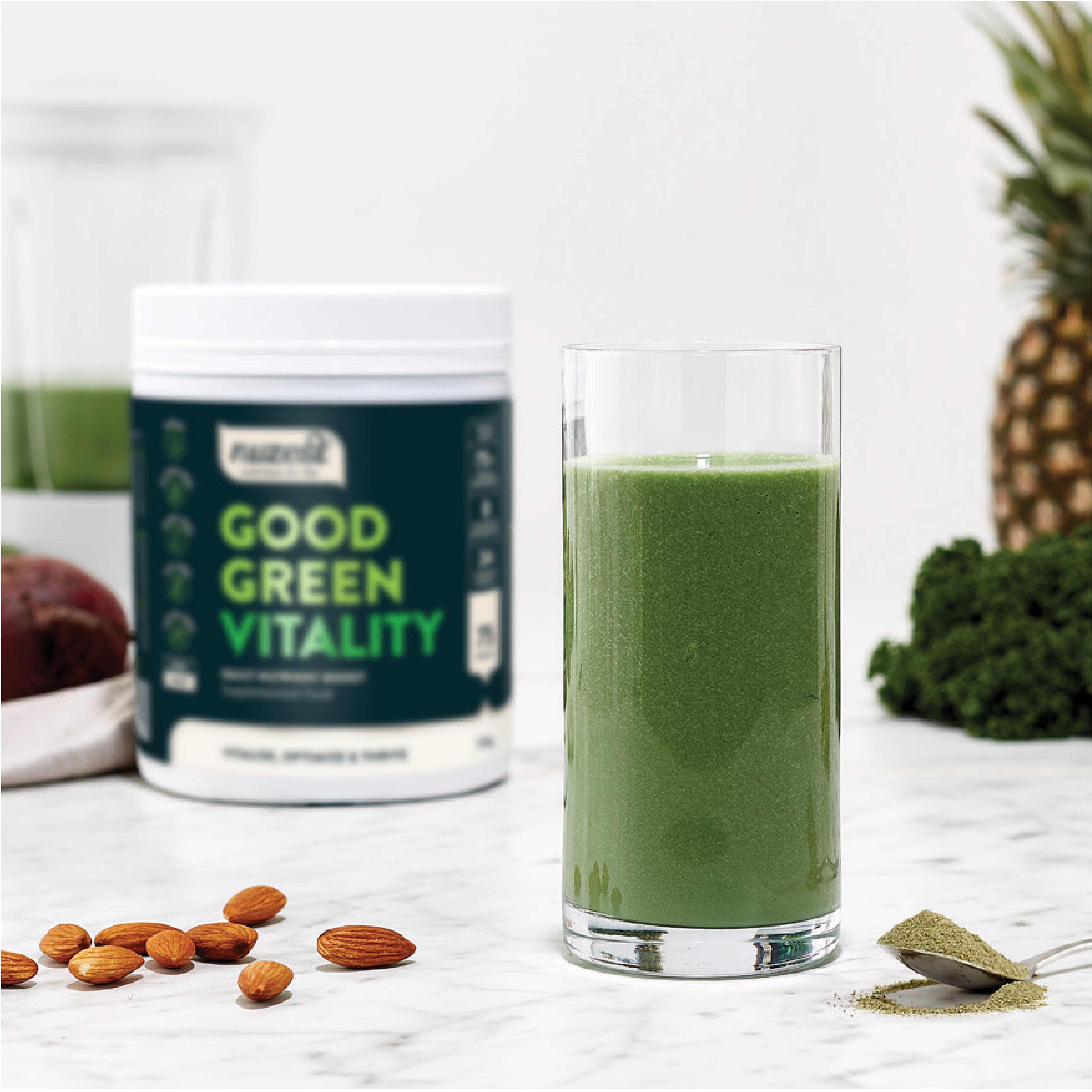
Amy Butler
Nutritionist
You may not think of your skin as an organ, but it is in fact, the largest organ in your body, functioning as a barrier to protect us from pathogens (microbes like viruses and bacteria), physical threats and helping to regulate body temperature. Our skin also ‘waterproofs’ the body, has receptors for heat and pain to alert us to immediate threats, and helps us to excrete bodily wastes.
Signs your skin is not as healthy as it should be:
- Inflamed or irritated skin
- Excessively dry, flaky or oily skin
- Poor wound healing
- Premature ageing
- Chronic conditions like eczema or dermatitis
Note: Many conditions can result in these signs and symptoms. If you are experiencing any of these, consult with your doctor for proper diagnosis and treatment.
What causes common skin concerns?
When we think of skin health, we probably think of creams and serums, cleansers and toners, face masks and exfoliators, but the true foundations of skin health start on the inside.
The skin is one of the body’s largest organs of elimination, thus if other organs of elimination such as the liver, kidneys and bowels are compromised, a skin outbreak may ensue as the result of the body attempting to excrete wastes via an alternate route.
Other systems of the body, including the gastrointestinal system, also impact the health of our skin. The relationship between these two organs is often referred to as the gut-skin axis, with numerous studies having linked the health of the gastrointestinal system to the health of our skin. For example, it is believed that gastrointestinal disturbances, such as constipation, may play a role in skin problems due to the increased amount of toxins circulating in the body.1 Accordingly, a large part of managing skin conditions is to restore the body to a state of internal harmony.
Outside of internal systemic function, skin health also reflects many things, such as genetics, diet, stress, environmental and occupational exposure, medical conditions, medications and certain lifestyle choices. We discuss some of these below.
The impact of stress on skin health
It has long been known that stress causes an increase in symptoms of skin problems, affecting skin immune function, barrier function and wound healing.2 Stress is not the only mental state to affect the skin; it is proposed that anxiety and depression are associated with acne via changes in gut bacteria.3
The impact of sleep on skin health
One of the things that happens while we sleep is repair and renewal of our cells, including skin cells.4 Sleep deprivation and poor sleep quality can negatively impact the skin, and is associated with skin ageing, self-perception of skin and facial appearance (or, how we think we look), and skin barrier function.4
The impact of smoking on skin health
Stopping smoking is one of the most beneficial ways to improve your health almost instantly, and skin health is no different. As well as a negative impact on the look of skin, with fine lines around the eyes and mouth, greying skin and gauntness being a ‘characteristic look’ of a smoker, smoking has been indicated as a factor in skin diseases such as carcinomas and melanomas, psoriasis, eczema and acne.5
The impact of sun exposure on skin health
Although we need a little sunlight in order for our skin to make vitamin D, too much has a harmful effect on the look and health of our skin. It is well known that excess sun can cause skin cancers as a result of damage to the DNA in the skin cell.6 UV light also contributes to ageing of the skin, increasing wrinkling, sagging and dryness.7 A good quality sunscreen which protects for both UVA and UVB is important to wear daily for skin protection, as well as staying inside, in the shade or wearing a hat during the hottest parts of the day when the sun is strongest.
The impact of diet on skin health
Nutrition has been long associated with skin health, including all of its possible aspects from beauty to integrity and even ageing. Nutritional deficiencies or excesses have been shown to impact and promote the onset and recurrence of various dermatological disorders.8 For example, nutritional imbalances and the ingestion of high-glycaemic-index foods are two factors commonly associated with acne.
In addition, the excessive consumption of sugar and charred meats are thought to promote the visible signs of ageing by promoting the formation of advanced glycation end-products (AGEs) – compounds that form when protein or fat combine with sugar in the blood stream. AGEs are believed to decrease the body’s resistance to structural stress and interrupt the skin’s blood supply, thus having a negative impact on the health of the skin.
Conversely, a diet that is calorically balanced and full of essential nutrients such as probiotics, antioxidants, polyunsaturated fatty acids, minerals and vitamins, have been scientifically proven to help promote healthy skin, optimise skin physiology, maintain skin density, improve skin firmness and prevent some skin diseases.8
To learn more about the nutrients that are beneficial for skin health, read our article by Nutritionist Amy Butler ‘The Best Nutrients for Skin Health’
Disclaimer: The information provided on Nuzest is for educational and informational purposes only. The information provided on this site is not, nor is it intended to be, a substitute for professional advice or care. Please speak to your qualified healthcare professional in the event that something you have read here raises questions or concerns regarding your health.
Good Green Vitality
Made with real food, providing all-in-one nutritional support, free from all common allergens and containing absolutely zero bad stuff, Good Green Vitality is naturally good, easy-to-use, incredibly delicious and perfect for all members of the family.







